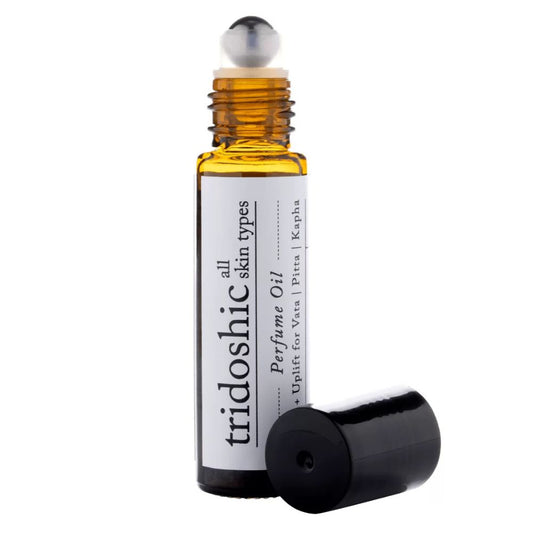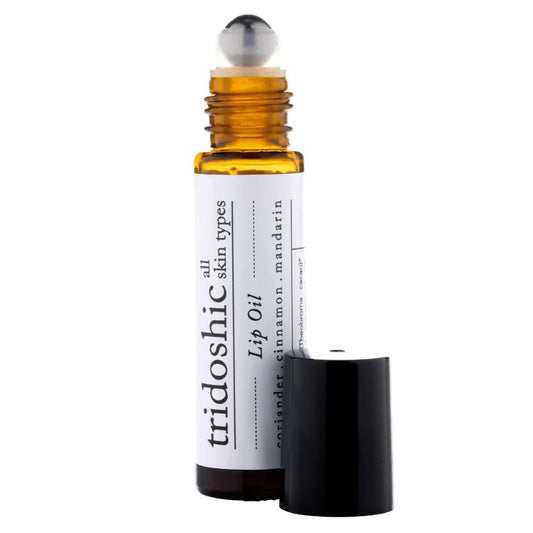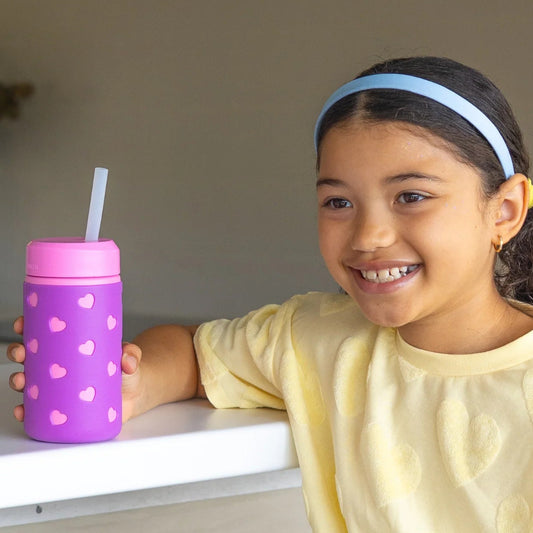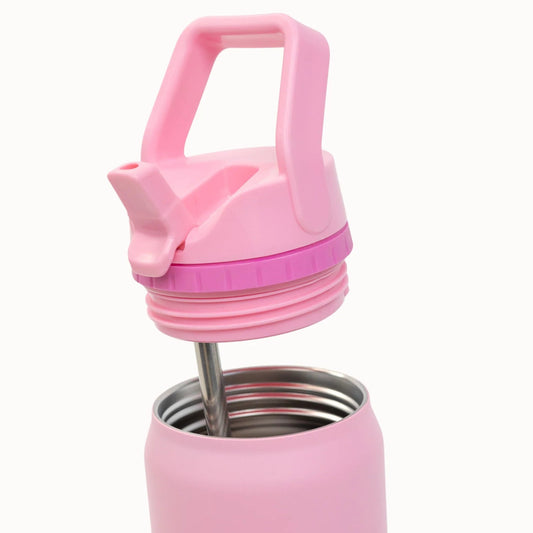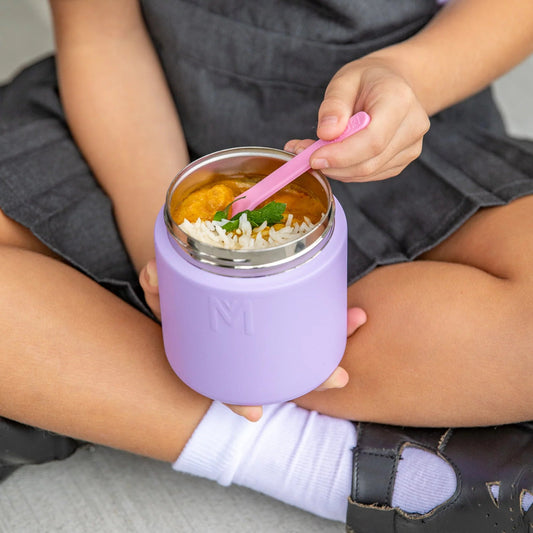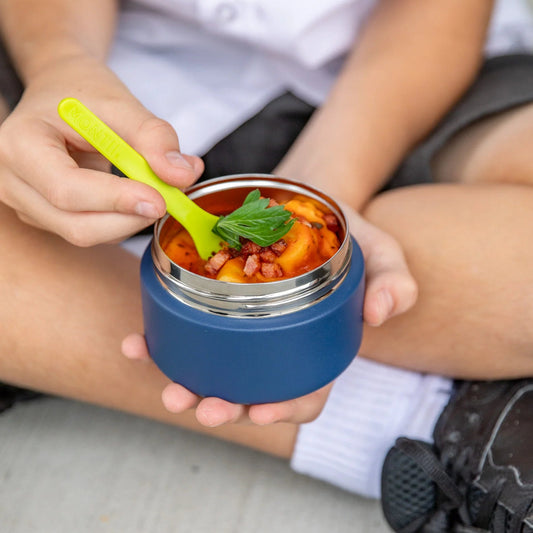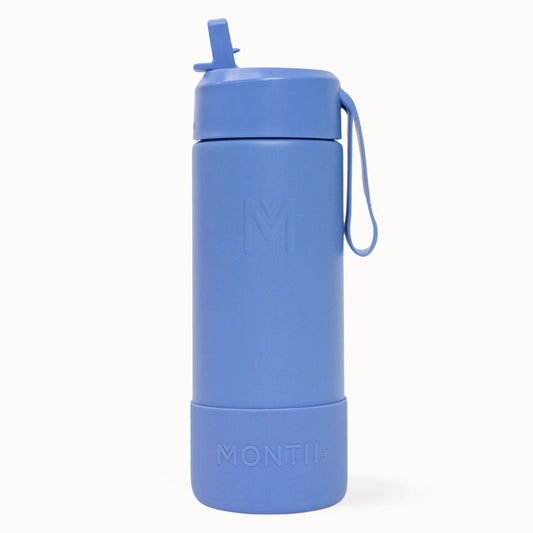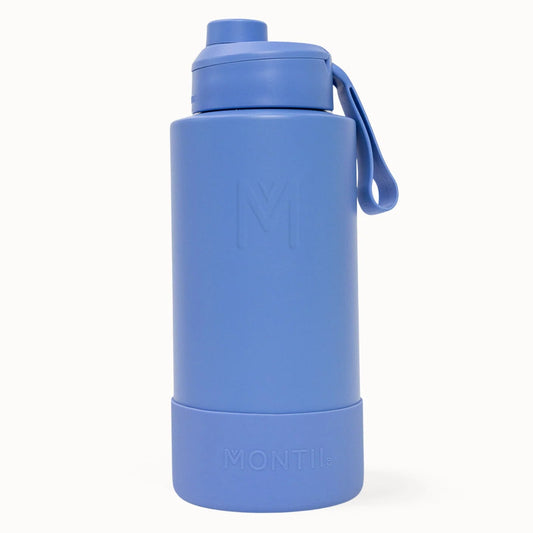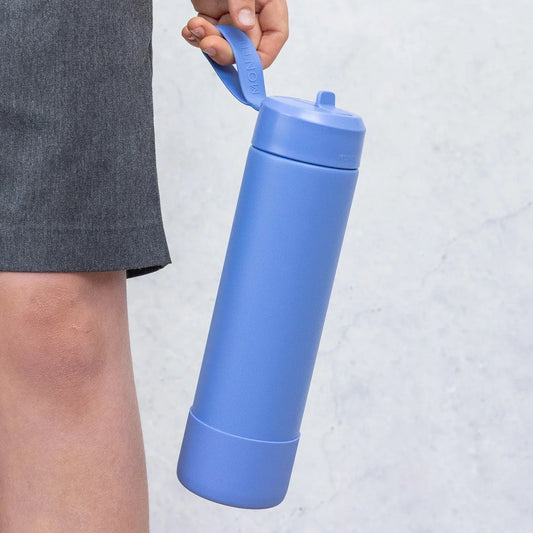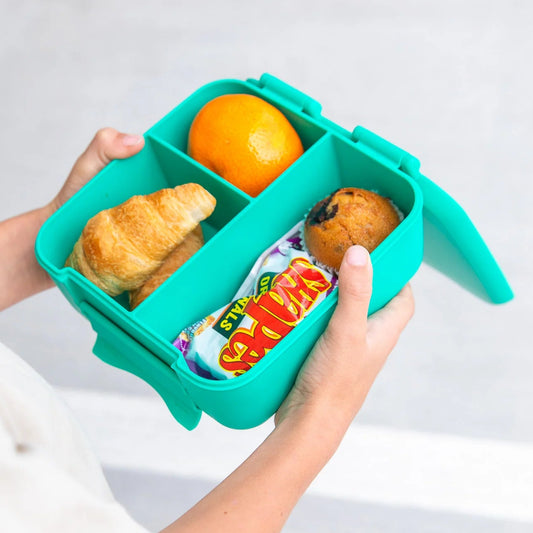In 2003, Heide Hackworth decided to quit her dreary office job and start a business that ticked all the right eco boxes. Her dream was to produce greeting cards and stationery that were not only good for the planet but that gave back to it too. Drawing on her past experience working in the publishing industry, Heide thought it was just a matter of making a couple of phone calls to find 100% recycled or alternative fibre paper and a printer who could answer all of her questions.

“At the time of the idea, I had little concept of how challenging producing an Earth friendly product on paper would be. The more I researched, the more horrified I was at how much environmental destruction can be caused by the paper making process,” said Heide.
The environmental impacts of the print and paper industries extend from the destruction of dense and established forests that are home to a diverse range of wildlife, to the tonnes of carbon emitted from the transportation of the wood, vast quantities of water used in the pulping process and the pollution created from bleaching and printing the paper. After discovering these impacts Heide was even more determined to not use paper that had been created in this way for her greeting cards, however she soon discovered that 100% recycled or alternative fibre for offset print was not yet available in Australia. To the best of Heide's knowledge and research, only 50% recycled paper was available and with full reassurance that it was the most environmentally friendly stock available and produced by a mill with numerous environmental accreditations.
“It was difficult to find printers and paper companies that took my questions seriously and were able to provide information about their environmental impact.”
Eventually, Heide also found a printer that used vegetable inks exclusively and lent an ear to her environmental concerns.

Today, the paper and printing industries are becoming more aware of their environmental impact and are driving change. Imported 100% post-consumer waste papers are now available in Australia; however, they are still price prohibitive which inhibits their widespread use. Every day, the major Australian greeting card manufacturers produce around 100,000 greeting cards. “Unfortunately, price remains a barrier to commercial use of recycled stocks, which are often more than twice the price of a virgin fibre or mixed source stock. Presumably, this is why most commercial greeting cards are still not printed on 100% post-consumer recycled paper,” said Heide.
“The forests that absorb carbon dioxide which is a major cause of global warming, are still disappearing. Our water and atmosphere is still being polluted with poisons, paper pulp mills are using water at an alarming rate, and our wildlife is losing its home. If we as consumers refuse to buy products that cause this level of destruction then manufacturers will be forced to use alternative methods,” says Heide.
Earth Greetings has grown to become a well loved and trusted brand of 100% recycled greeting cards, stationery and Earth friendly homewares. Heide collaborates with a talented and diverse team of artists, to produce designs which celebrate the unique beauty of Australian native flora and fauna. Giving back to the planet is as important to Heide as treading lightly which is why Earth Greetings donate over 10% of their profits to environmental organisations who care for native wildlife and their habitats.

“Despite the growing accessibility of electronic media, giving a greeting card is still valued today as a simple and thoughtful gesture to connect with another. I want to make this choice easy for people who care about reducing their environmental footprint. I also hope to inspire others to appreciate nature more and therefore endeavour to protect it.”
Some of the organisations Earth Greetings support include Adelaide Koala & Wildlife Hospital, Animals Australia, Australian Conservation Foundation, Fauna Rescue SA , Nature Conservation Council , Save The Bilby Fund, The Last Straw, The Wilderness Society, Trees For Life and World Wildlife Fund. With a true love for Australian nature, Heide has been fortunate to travel to some of Australia's most beautiful and serene natural wonderlands including the Tarkine forest in Tasmania, Kakadu National Park in NT, the tropical rainforests in QLD and the unique coastal scrub of the Coorong in SA.
“Standing amongst the beauty and diversity of these wild places with an ancient history has inspired me to tread as lightly on the Earth as possible. Humans have taken so much from the planet. We urgently need to change the ways in which we live and work to restore the balance so that native flora and fauna can once again flourish,” said Heide.
Shop Earth Greetings range
here >

 Today, the paper and printing industries are becoming more aware of their environmental impact and are driving change. Imported 100% post-consumer waste papers are now available in Australia; however, they are still price prohibitive which inhibits their widespread use. Every day, the major Australian greeting card manufacturers produce around 100,000 greeting cards. “Unfortunately, price remains a barrier to commercial use of recycled stocks, which are often more than twice the price of a virgin fibre or mixed source stock. Presumably, this is why most commercial greeting cards are still not printed on 100% post-consumer recycled paper,” said Heide.
Today, the paper and printing industries are becoming more aware of their environmental impact and are driving change. Imported 100% post-consumer waste papers are now available in Australia; however, they are still price prohibitive which inhibits their widespread use. Every day, the major Australian greeting card manufacturers produce around 100,000 greeting cards. “Unfortunately, price remains a barrier to commercial use of recycled stocks, which are often more than twice the price of a virgin fibre or mixed source stock. Presumably, this is why most commercial greeting cards are still not printed on 100% post-consumer recycled paper,” said Heide.





